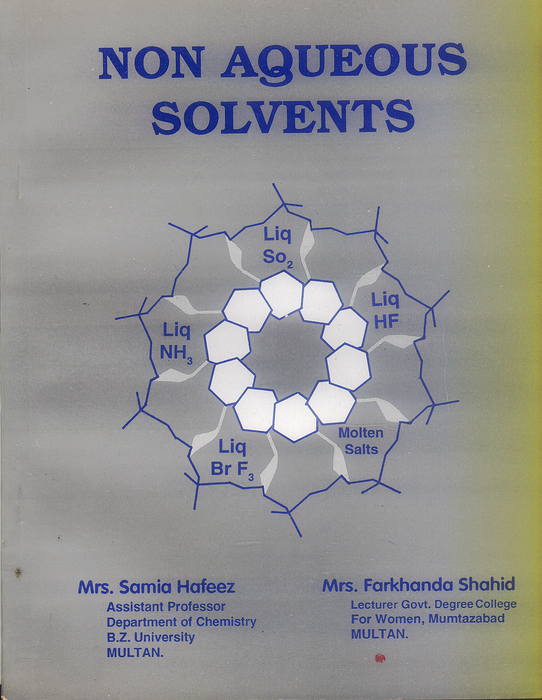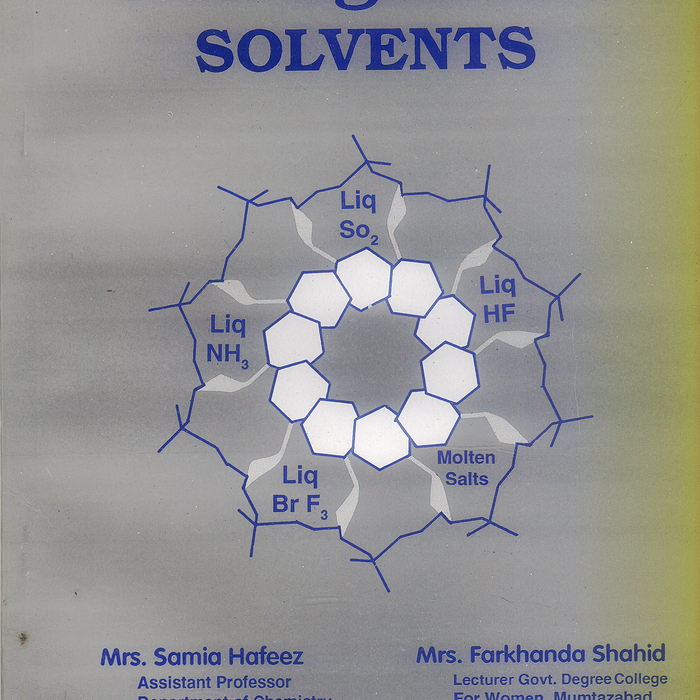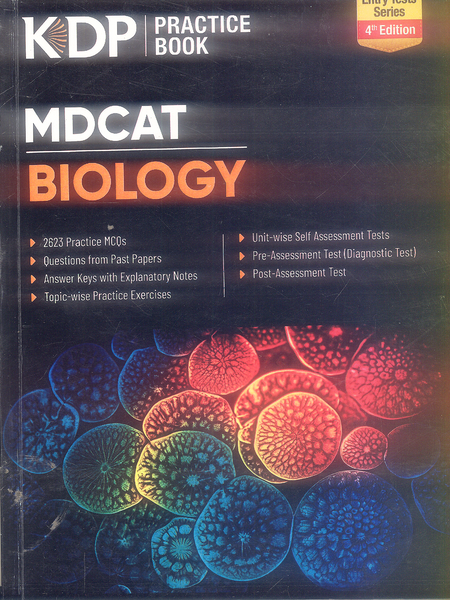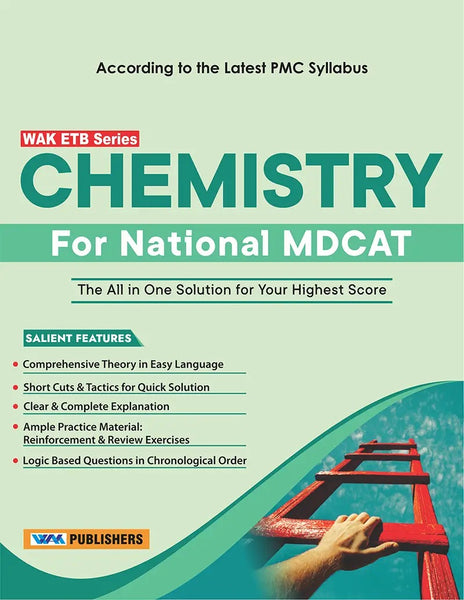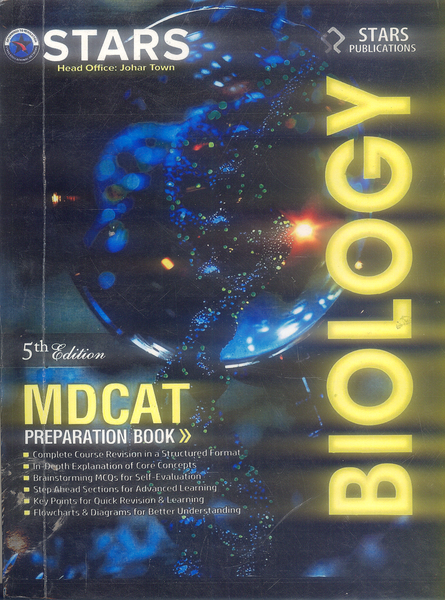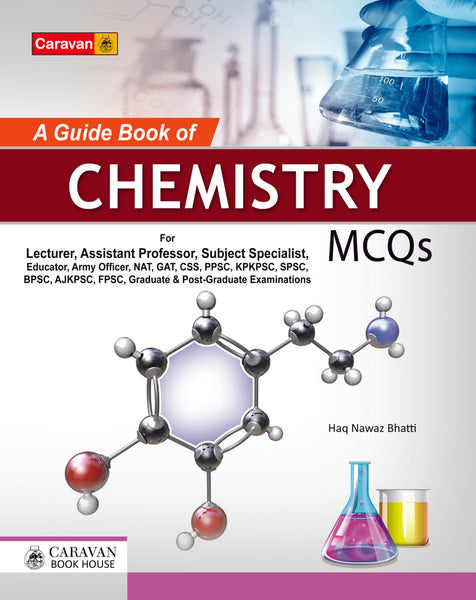Non Aqueous Solvents by Mrs Samia Hafeez
- Publisher: CHEMISTRY
- Availability: In Stock
- SKU: 60232
- Number of Pages: 64
Rs.100.00
Tags: aprotic solvents , best books , Best Price , Best Selling Books , chemical engineering solvents , chemical reactions in non aqueous solvents , chemical solvents for synthesis , chemistry book for students , chemistry guidebook , chemistry practical guide , chemistry solvents , chemistry teaching material , chemistry theory book , dielectric constant , Farkhanda Shahid , industrial solvents , inorganic chemistry solvents , lab solvents , laboratory solvents , Liq Br F3 , Liq NH3. Liq HF , Liq So2 , Molten Salts , non aqueous chemistry , non aqueous medium , non aqueous reaction chemistry , non aqueous solution , Non Aqueous Solvents , non polar solvents , Online Bookshop , organic chemistry solvents , pharmaceutical chemistry solvents , physical chemistry solvents , polar solvents , protic solvents , reaction kinetics in solvents , reaction medium , safe chemical handling , Samia Hafeez , solvent chemistry , solvent handling , solvent properties , solvents in lab experiments , solvents in pharma industry
📘 Title Name: Non Aqueous Solvents
✍️ Authors: Mrs. Samia Hafeez, Mrs. Farkhanda Shahid
🔹 Introduction:
"Non Aqueous Solvents" by Mrs. Samia Hafeez and Mrs. Farkhanda Shahid provides a clear and concise explanation of solvents that are not water-based, focusing on their chemical properties, classifications, and applications in various reactions. This book is ideal for chemistry students and researchers who wish to gain foundational and practical knowledge in the field of solvent chemistry.
🔑 Key Points:
-
Types of Non-Aqueous Solvents: Covers classifications like protic and aprotic solvents with detailed examples.
-
Physical and Chemical Properties: Explains polarity, dielectric constant, and conductivity relevant to solvent performance.
-
Applications in Reactions: Highlights how non-aqueous solvents are used in organic and inorganic chemistry for better reaction control.
-
Comparison with Aqueous Solvents: Offers a comparative analysis to understand why non-aqueous systems are preferred in specific conditions.
-
Safety and Handling: Discusses precautions and best practices for working with volatile or hazardous non-aqueous solvents in lab environments.
✅ Conclusion
This book serves as a practical and theoretical guide to understanding the importance and functionality of non-aqueous solvents in chemistry. It is an essential resource for students pursuing pharmaceutical, industrial, or laboratory chemistry where water-free reactions are critical.

